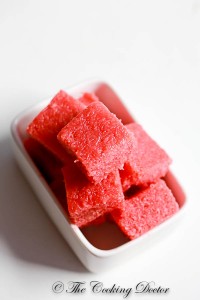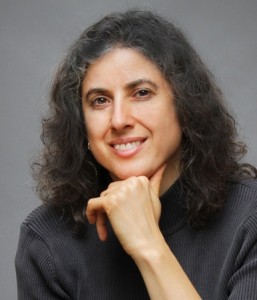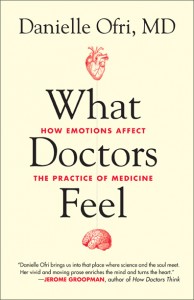Our office has noticed that many pre-health students love to cook and, especially, bake. We’ve seen pictures of whimsical cakes (it looks like a plate of spaghetti and meatballs…but, it’s a cake), tasted delicious homemade creations (thank you), and perused Martha-quality food blog entries, all created by health-minded Penn students. We also know many pre-health students plan to integrate their love of cooking with a career in healthcare. Here are a few ways healthcare professionals have integrated their love of cooking with a medical career:
- The Cooking Doctor is Jehanne Ali, a surgeon, author and food blogger. Above is a picture of her Coconut Candy fudge.
- The Foodie Physician is an emergency medicine doc with a culinary degree. Being a doctor doesn’t mean giving up the kitchen!
- Healthcare professionals can attend a Healthy Kitchens/Healthy Lives conference at The Culinary Institute of America in Napa Valley to learn the latest about diet and nutrition. Did I mention, Napa Valley?
- Physicians can cook together for a fundraiser like the Doctors Who Cook event in Augusta, Georgia benefiting the Children’s Heart Program at the Children’ Hospital of Georgia.
- The pediatrician-founded Dr. Yum Project promotes food-related wellness for children through education, action and advocacy. Yum!
- You can take classes as a medical student or as a continuing medical education student at The Goldring Center for Culinary Medicine at Tulane. Studies in culinary medicine at the first teaching kitchen implemented at a medical school — how neat is that?
- Start your own business: The Mommy Doctors, Drs. Lennox McNeary and Cheri Wiggins created Milkin’ Cookies to provide optimal nutrition for nursing mothers.
Whatever your passion, there is a good chance you can integrate it with your healthcare career. For our many cooks and bakers, there is an excellent chance you can serve others while building your cooking knowledge and skills — and you are always welcome to share with staff at your undergraduate institution!






